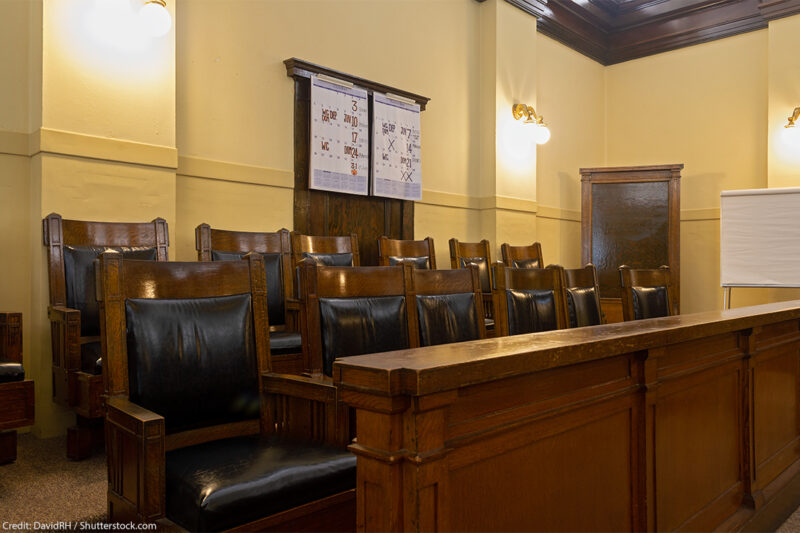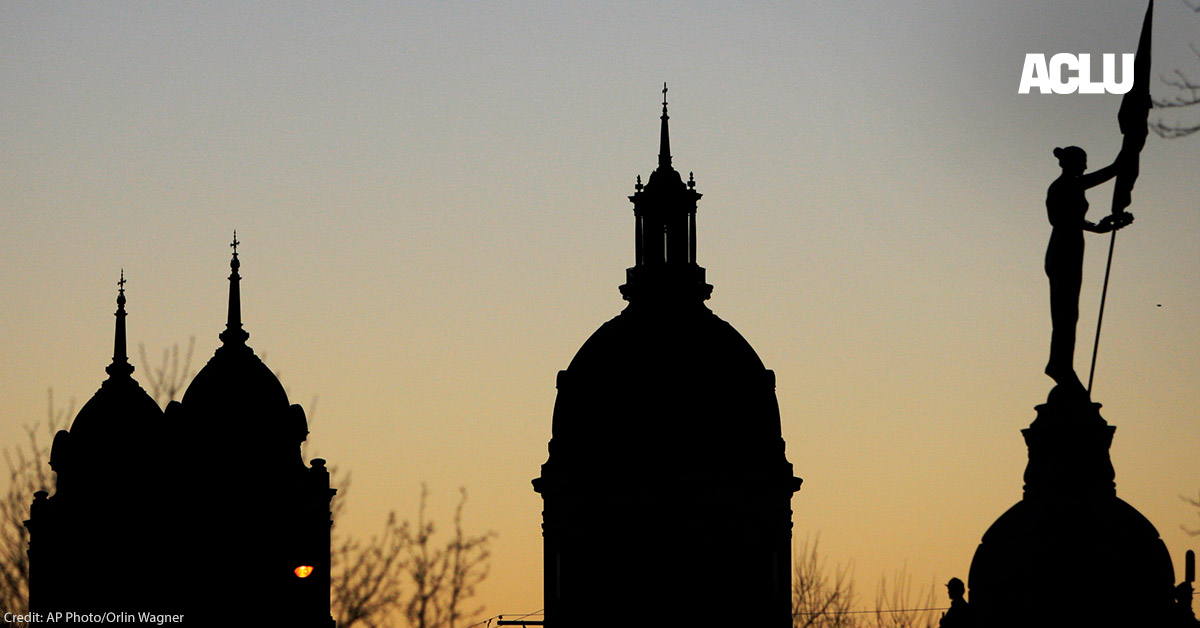We're Challenging the Racist Practice That Excludes Black Jurors from Death Penalty Cases


Leo Jones, a Black man, was convicted and sentenced to death by an all-white Florida jury in 1982 for the killing of a white police officer.
The conviction rested on a key witness who later recanted his testimony, and a coerced confession from Mr. Jones, which was written by the police officers interrogating him. Both officers were later fired for a pattern of misconduct, including police brutality.
Despite the serious doubts around Mr. JonesŌĆÖ conviction, the state of Florida executed him in 1998 by electric chair. Mr. JonesŌĆÖ case is emblematic of pervasive issues in death penalty cases.
Juries are an integral part of our justice system.
One of the first lines of defense against miscarriages of justice is a diverse, representative jury which is much more capable of fairly weighing evidence, holding the government to its high burden, and protecting the rights of those accused of crimes than an all-white jury.
Juries are an integral part of our justice system. Their goal is the determination of truth and the fair and equitable application of law. Other than voting, serving on a jury is the most substantial opportunity that most citizens have to participate in the democratic process.
But in death penalty cases, juries are rigged to be more conviction-prone, friendlier to the prosecution, and to exclude Black community members.
This is because of a process known as death qualification, which dictates that to serve on a death penalty jury, a prospective juror must be willing to impose the death penalty. Those unwilling to impose the death penalty are excluded from jury service. Black people are more likely to oppose the death penalty ŌĆö and as a result, are disproportionately excluded from death penalty juries.
But in death penalty cases, juries are rigged to be more conviction-prone, friendlier to the prosecution, and to exclude Black community members.
Black opposition and skepticism about the death penalty is unsurprising, given racial bias in the administration of the death penalty, the line between racial terror lynchings and capital punishment, and racial disparities in the criminal legal system.
We are challenging the racist death qualification jury selection process in cases in Florida and Kansas.
In Duval County, Florida, a study of 12 capital cases since 2010 (where 11 out of 12 people on trial were Black) involving more than 800 jurors found Black jurors were twice as likely to be removed as white jurors because of death qualification. We are representing two men in Duval County, who are challenging how the jury will be selected in their capital trials.
In Kansas, where we are challenging the stateŌĆÖs death penalty law, our expert report found that death qualification would similarly change the composition of the jury in Sedgwick County, Kansas, putting a thumb on the scales in favor of the death penalty, while disproportionately excluding Black women.

WeŌĆÖre Putting the Death Penalty on Trial in Kansas
The line between lynching, racial violence, and the death penalty is undeniable.
Source: └Ž░─├┼┐¬Į▒Įß╣¹
ItŌĆÖs an endless cycle of discrimination: Exclude skeptical Black jurors, disproportionately condemn Black people to death with whitewashed juries, prompt distrust in a racist system, and repeat.
Black exclusion from jury service is deeply embedded in and a shameful reality of our nationŌĆÖs founding. Not until the passage of the Fourteenth Amendment and the 1875 Civil Rights Act were Black people ŌĆö newly recognized as citizens in the eyes of the law ŌĆö the right to serve on juries.
Even with the passage of these important guarantees, discrimination remained the reality, especially in the former confederate states. Overwhelmingly, Black people accused of crimes (often falsely) continued to be judged and sentenced by all-white juries. Conversely, Black people who were victims of racial violence and racial terror did not find justice in the courts ŌĆö the white perpetrators of violence, if even brought to trial, judged by all-white juries.
It is no accident that racial disparities in mass incarceration and racial bias in the death penalty go hand ŌĆōin hand with the exclusion of Black Americans from juries. All are part of the project of upholding white supremacy, much as meant that no petitions to end slavery would be considered. But we are capable of changing as a nation, and we arenŌĆÖt doomed to repeat the past.
Ending death qualification moves us toward overcoming the shameful history of exclusion, terror, and injustice endured by Black Americans.
Participation in the jury, a voice in the just administration of criminal laws ŌĆö these are essential acts of citizenship and democracy. When we have juries that represent all of us and include all of us, we strengthen our democracy, making it fairer and more just. We have the opportunity to write a new story and leave behind a better inheritance for our nation.


